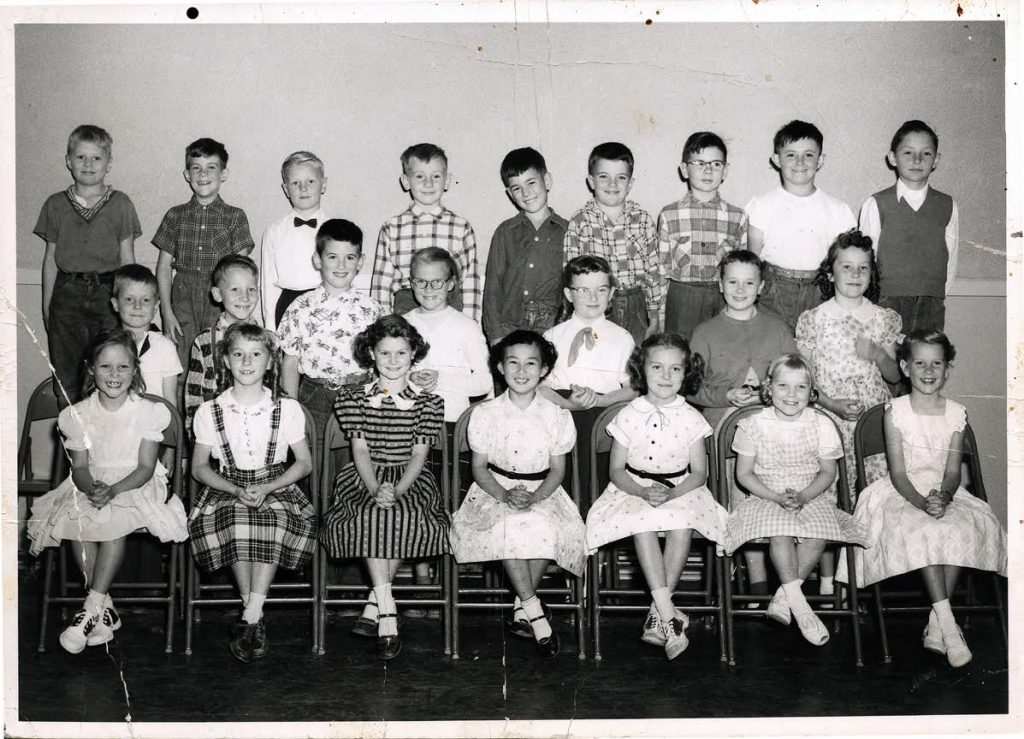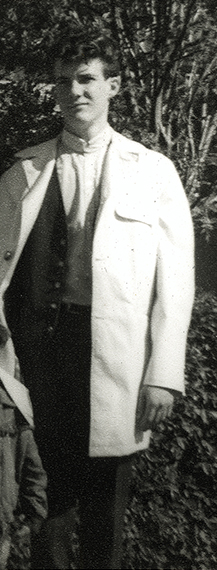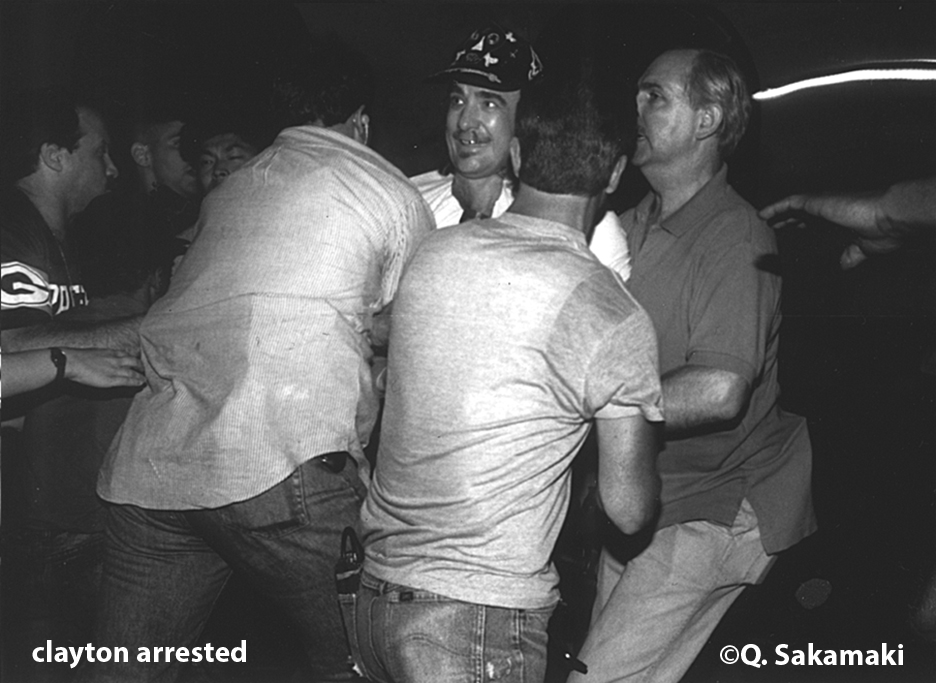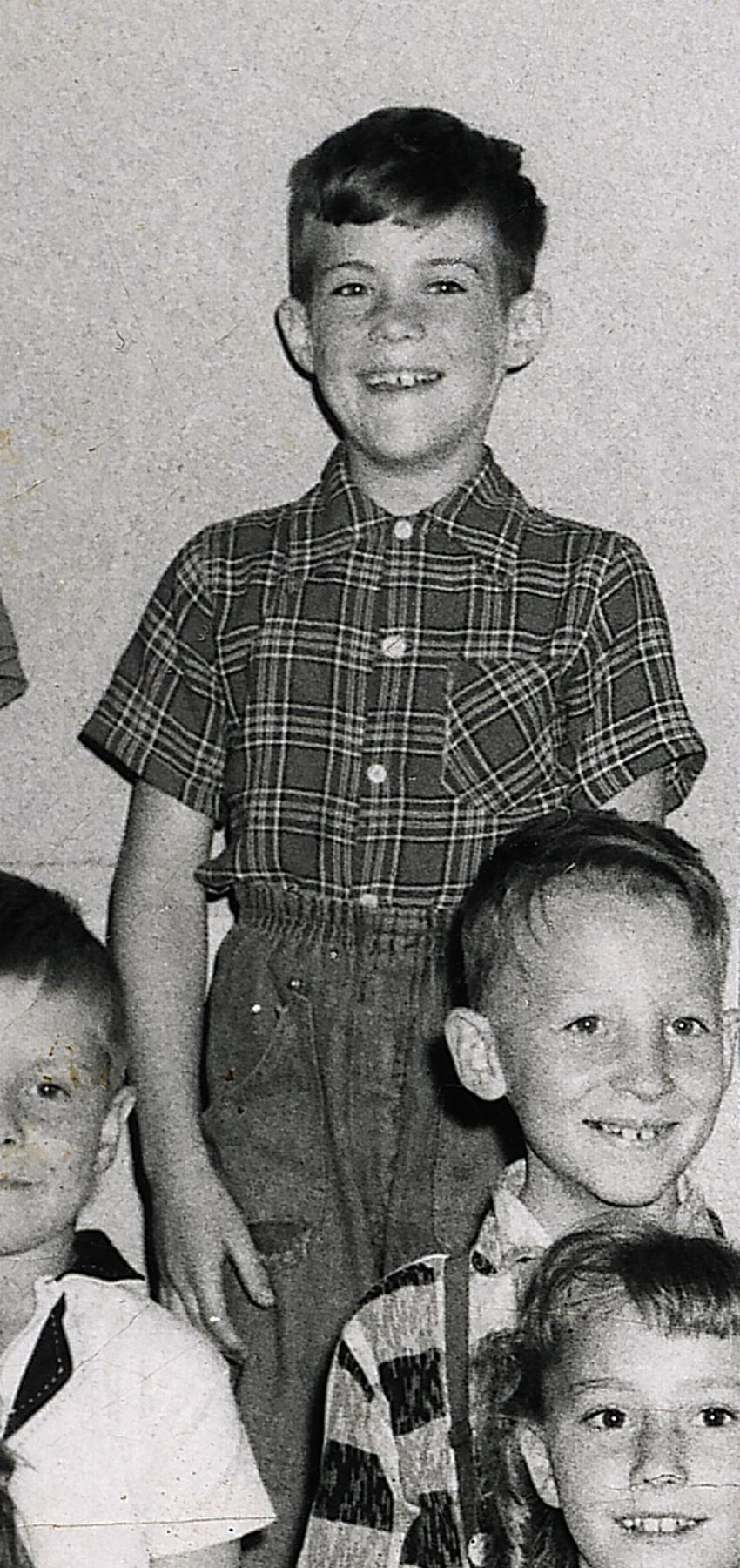BY CLAYTON PATTERSON | “Lower East Side outlaw artist, rebel, photographer, infamous documentarist of riots, anarchists, squatters, skaters, poets, punks, leathered rock ’n’ rollers, skinheads, Santeria priests, and the ignored, and broken.”
— Robert Galinsky
It took being locked in at home, Robert’s comments, a song called “Short Bus,” and reflecting on being a documentarian that got me to write this. How does one acquire such a list of descriptions?
I guess coming from the bad end of the working class is a good place to start. A place I learned to fight on a number of levels. Three memorable fights I had in high school. One I will not get into here. The other two, one I broke my ankle, and the other, I knocked a guy out. I hated that experience. That ended my street-fighting days. Never liked to physically hurt people.
Back to the social side of fighting. People call it activism — that I have engaged in. Numerous arrests, court battles, articles, photographs, videos, articles, TV and radio shows and so on.

Education is one strong root to begin with. Although I was always told I was smart and in the so-called “good” class, my heart was with the “bad” kids. I was never criminally minded, but I was always in trouble in school. From grade one, having to stand in the cloak room, to junior high school detentions and being strapped. High school was a seesaw of in and out.
I found out recently, after I got this note, that my activism days actually started off in grade one:
“Hi Clayton. This is Patrick Chen. You probably don’t remember me but, over the years, I’ve thought of you often because your kindness to me ended up changing my life and, in no small way, helped to shape the person I am now. We were in grade 1 in the Stanley Jones Cottage School for grade 1 students. We were downstairs in Mrs. Jensen’s class. One day during recess, a student from Mrs. Dolan’s upstairs class came up to me and said, “You have a flat nose!” I was the only pupil of Chinese ancestry in the school and didn’t know how how to handle it, but I knew I was feeling hurt. When we went back to class, I raised my hand and told Mrs. Jensen what had happened…. The next recess, you — a stranger to me at the time — came up to me and asked, “Who was it?” When I pointed him out, you challenged him. There was no fight. But the boy burst into tears and promised not to do it again. You and I became friends after that.
“I’m 70 now and semiretired, but the lesson imparted by your kind actions when you and I were only 6 years old has left a deep and lasting impression on me and I’m forever grateful for that. It’s interesting and gratifying to read about what you have been doing and it seems you are still the same person I met in grade 1 — a broadminded, tolerant and independent person who fiercely stands up for what is right. I just wanted to send you this note to say thank you for what you did 64 years ago. I wish you all the best.
— Patrick Chen, Judge
Vancouver, Canada.”
In junior high, we were told we had special disciplinary teachers, some ex-army types, because we needed discipline. It was a school for students who were given their last chance to stay in school. The city police chose our school for a school patrol marching band. Anyone could be in the band. I was in it, I played the drum. Because the band was run by the police, we were able to play at many significant events.

Who knows why, but I never bought the party line. I was always proud of my community and loved the kids I grew up with. Often I felt it was them (the teachers) and us. I was on the “us” side. Same way I feel about the LES, my people, my home.
My mother was a nurse’s aide. She worked at the Red Cross Crippled Children’s Hospital. In a crippled children’s hospital, you have all kinds of deformed and crippled children. I remember her talking about hydrocephalus babies having trouble keeping their head up.
She loved those crippled children. It was hard work because they did not have male nurses and the nurse’s aides had to do all the lifting. Her back used to cause her great pain. I suffered watching her suffer. But my greatest pain was, when she got older, they changed the name of the hospital and she lost a lot of her pension. Once again it was them versus us.
I remember a march in New York City for healthcare workers. It was led by prominent activists like the Reverend Jesse Jackson. I did not care about getting close to Jackson. I wanted to be close to the nurse’s aide contingent. In New York City most of them were black. One of the authorities came over and told me I had to go in the press section. I told him to piss off, I was not going anywhere. That ended that little authoritarian scenario.
Besides discovering new interests during this virus lockdown, showing where some of my positions come from, I wanted to highlight Sam Gerlach, the songwriter and singer. Back in the ’80s and ’90s, I was one of the founders and the president of the Tattoo Society of NY. I met Sam through that group. Today, he’s a Facebook friend.
I heard Sam singing this song. It got me. He is not the greatest singer or musician, but somehow, for me, his singing of this song is perfect. Heart-wrenching. “Short Bus” is what a good song should be. It’s an original piece of music by Sam. The song is in memory of and dedicated to his sister, who has since passed.
The essence of the song is the pain, the suffering, the guilt that Sam endured in riding in the regular school bus as all the kids made fun of his sister riding the “short bus,” which carried the learning-impaired kids. It reflects the abuse and the guilt he had to suffer by not dealing well with the situation or handling the other kids’ cruel remarks and actions. This song took decades to be released from his soul.

As a side note, it was meeting Elsa Rensaa in 1972 — we’ve been together ever since — that changed my life. I owe her any success I may have had. Because of her, no question, I have lived the American Dream. All of it — the fights, the arrests, the difficulties, the successes. I have been blessed. I also owe so much to the Lower East Side.


Wow I thought you were going to get into the good stuff Clayton. I must say there are few of us from the old neighborhood that are very proud of what you have accomplished in New York City. Keep up the interesting work